Destination: Danyang
The first thing to know about Danyang is that it thrives on the river. At almost time of the day people are fishing in it, crossing it, or running their businesses that exist on the road that parallels it. The second thing to know about Danyang is to not confuse it with Damyang, a city in Jeollanam-do famous for its Bamboo Festivals and hot springs. With mountains, a beautiful river, and winding roads, Danyang has to keep you busy for a weekend.
After arriving at the Danyang Bus Terminal (a train station serviced by Mugunghwa, or third-class trains, is nearby as well), make your way to any of the hotels along the river. Check-in and drop your stuff off, then go exploring. A great place to start is Dodamsambong (도담삼봉), a series of three rocks poking out of the Namhangang (South Han River).
The main peak is designated the 'Husband Peak', with the two peaks on either side the 'Concubine Peak' and the 'Wife Peak' - not a place I'd want to be in-between. A hexagonal pavilion that originally dates back to the Joseon dynasty (it was restored in 1976) is on the main peak - it's where Yi Hwang wrote some poetry about this place.
Part of the attraction to the area is Seongmun (it's 석문 in Korean, so someone screwed up the Romanization) - a stone bridge that serves as the foreground to the river itself. It's hardly the only reason to travel to the area, but it's one of them. Bonus: even on a Saturday in May, the place was far from busy. Free admission; a 10 minute, 5,000 won taxi ride from the Danyang bus terminal.
Meander a bit further from the bus terminal and you'll find the Banggok Ceramic Village (방곡 도예촌- complete with an exhibition hall on how ceramics are made. The exhibits are in Korean, but the figurines and panoramas detail the process well. There's also a Kiln Experience Place where you can try your hand at making pottery, although it was closed during my trip. While not the most foreign-tourist-friendly area (few signs / maps in English, no established bus stop), the people are among the friendliest I've met in Korea.
Upon entering one gentleman's workshop / gallery, my lady and I were invited to sit and enjoy some tea while trying to make conversation. While I don't want to show any favoritism towards any one vendor (cough cough banggok.co.kr cough), the gesture was genuinely appreciated. Six non-numbered buses a day make their way to the area - tell the bus driver where you're going and he'll signal you when to get off.
While the local bus system will take you many places around the area, your own two feet are your best friends. If you're limited on time, the caves near the bus terminal are a great place to see. Gosu Cave (고수동굴) fits the bill perfectly - a fairly easy 15 minute walk from the bus terminal, with a wide variety of geological phenomena inside. First investigated in 1973 by the Speleological Society of Korea, the cave offers copious amounts of subterranean waters. At about 1,700 meters long, you'll probably get tired of walking before you tire of the amazing views.
The creation date of ~540 million years is prominently mentioned, as is the fact prehistoric Koreans once called the cave home. Be aware of your surroundings while walking - you won't have to crawl, but you will need to watch your head in several places unless you're a midget. 5,000 won admission, open until 6pm, about 1 kilometer walking distance from the Danyang bus terminal.
At least four other caves are in the area, although getting to them will require more than your feet - pick up a map from the Tourist Information Center to learn more. Also in the area is a Clay Shooting Spot, Guinsa Temple, the Suyangggae Prehistoric Remains Hall, and the Sobaeksan Astronomical Observatory. While getting around requires understanding a small city's bus schedule or taking taxis (hint: start at the bus stop near the intercity bus terminal, just before the big bridge), it's nothing the adventurous expat can't handle.
From the Dong Seoul Bus Terminal, take a bus to Danyang (12 times a day, 2 1/2 hours travel time, 11,900 won). Once at the bus terminal, go out the main entrance and cross the big bridge (대교) to your left. On the other side is a Tourist Information Center for all the maps, brochures, and bus schedules you'll need.
This post was originally published on my blog, Chris in South Korea. If you are reading this on another website and there is no linkback or credit given, you are reading an UNAUTHORIZED FEED.



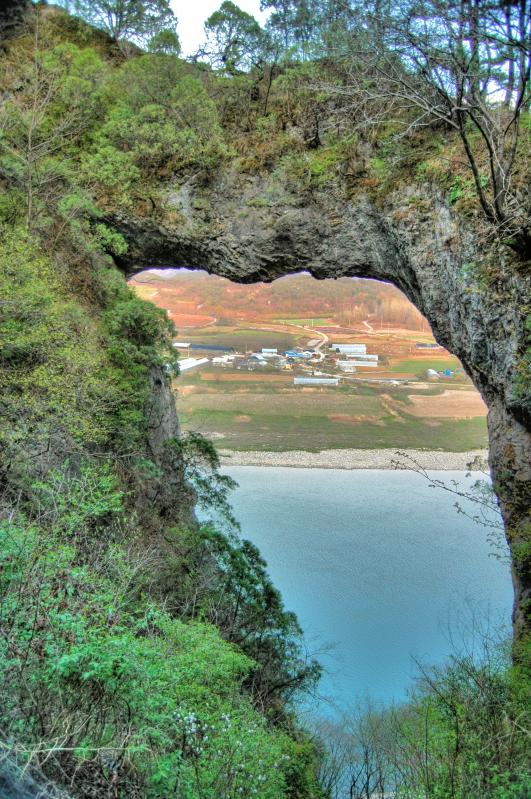
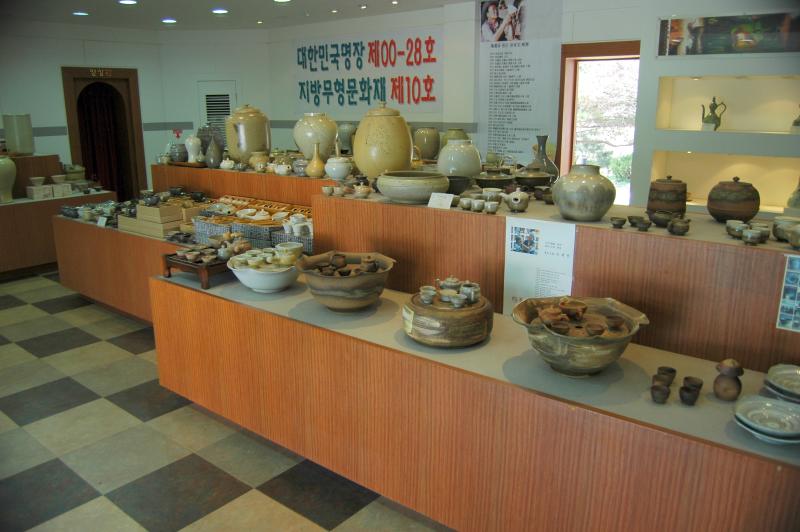
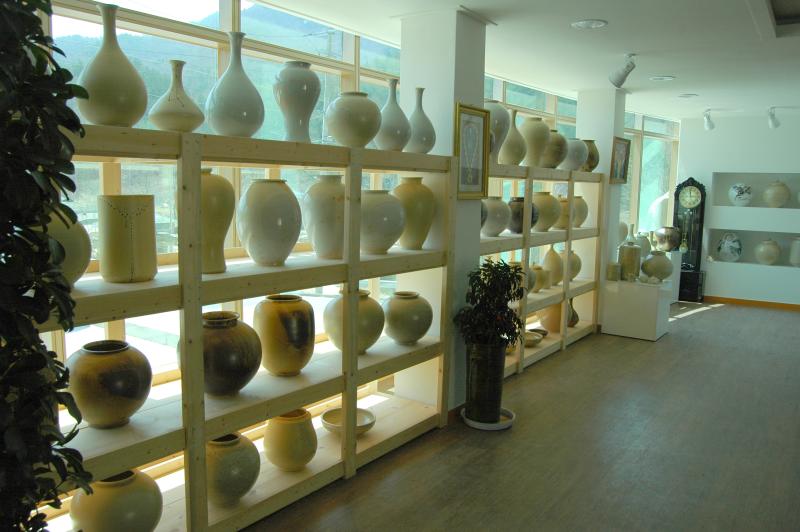
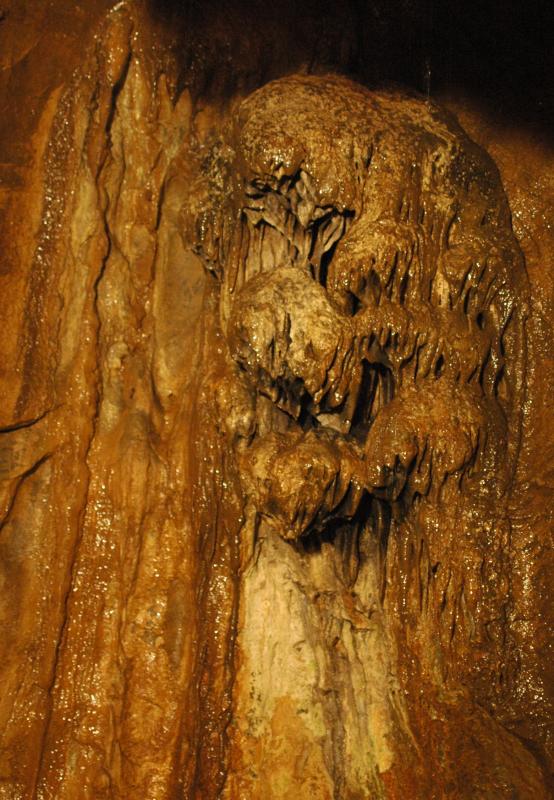
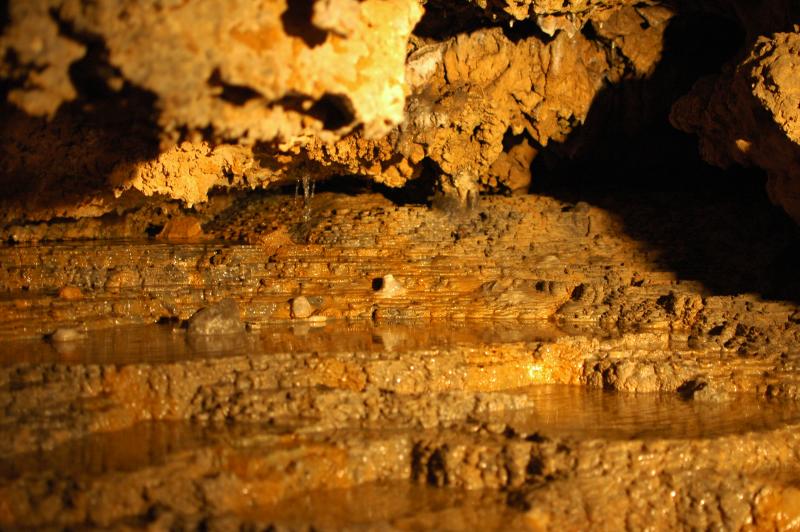
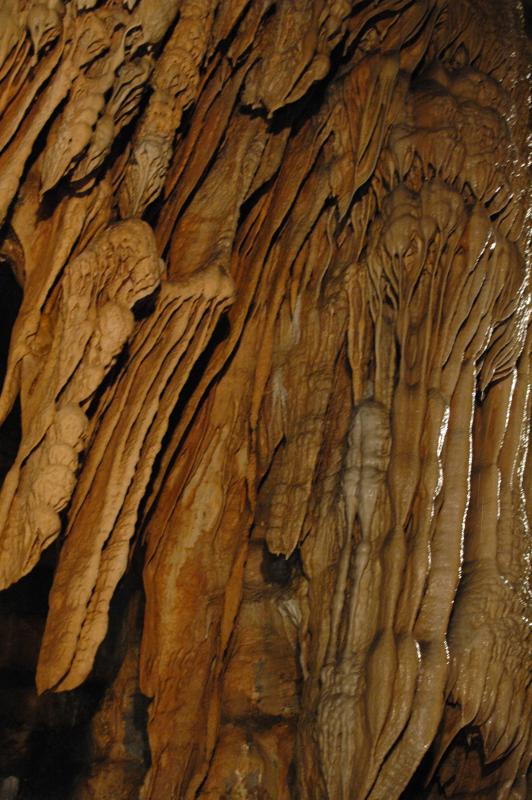


 RSS Feed
RSS Feed











Recent comments